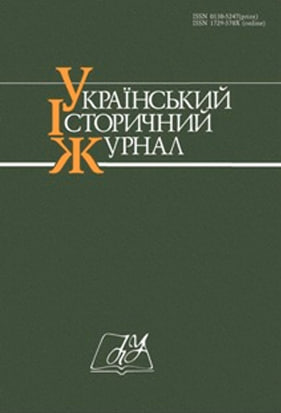Military camps for minors in the temporary occupied territories of the Donetsk and Luhansk regions: organizational and content aspects of the work
DOI:
https://doi.org/10.15407/uhj2023.01.020Keywords:
paramilitary camp, military training, militarization, youth, minors, temporarily occupied territory, Ukraine, Donbas, Russian FederationAbstract
In 2014, to oppose the state authorities of Ukraine, in some areas of Donetsk and Luhansk regions, illegal armed groups were formed, including young people under the age of 18. Some of the minors underwent appropriate training in paramilitary camps that sprung up spontaneously in the temporarily occupied territories of Donbas in 2014. In the future, the occupation administrations of the so-called republics started “systematic” work on the militarization of local youth: both through the sphere of education and in extracurricular time.
The purpose of the study is to reveal the features of the militarization of youth in the temporarily occupied territories of the Donetsk and Luhansk regions through the activities of paramilitary camps.
The research methodology consisted of historical-genetic and historical-systemic methods. The conducted research is based on a complex of sources: offi cial reports of the state authorities of Ukraine — the Offi ce of the Prosecutor General of Ukraine, the Ombudsman for Human Rights; data collected by human rights organizations; photo and video materials; messages in social networks; publications of mass media, including those controlled by self-proclaimed bodies in the temporarily occupied territories of Donetsk and Luhansk regions; messages from “offi cial electronic resources” of self-proclaimed authorities in the temporarily occupied territories of Donetsk and Luhansk regions.
Main results of the study. Based on the analysis of the activities of the paramilitary camps, it was possible to single out the main aspects of their work, the main subjects, the peculiarities of functioning, etc. The “system of military-patriotic education” in the quasi-formations in Donbas needs further study if it is considered a fully approved system of infl uence on children and youth by the Russian Federation for planting in other territories of Ukraine occupied by it.


